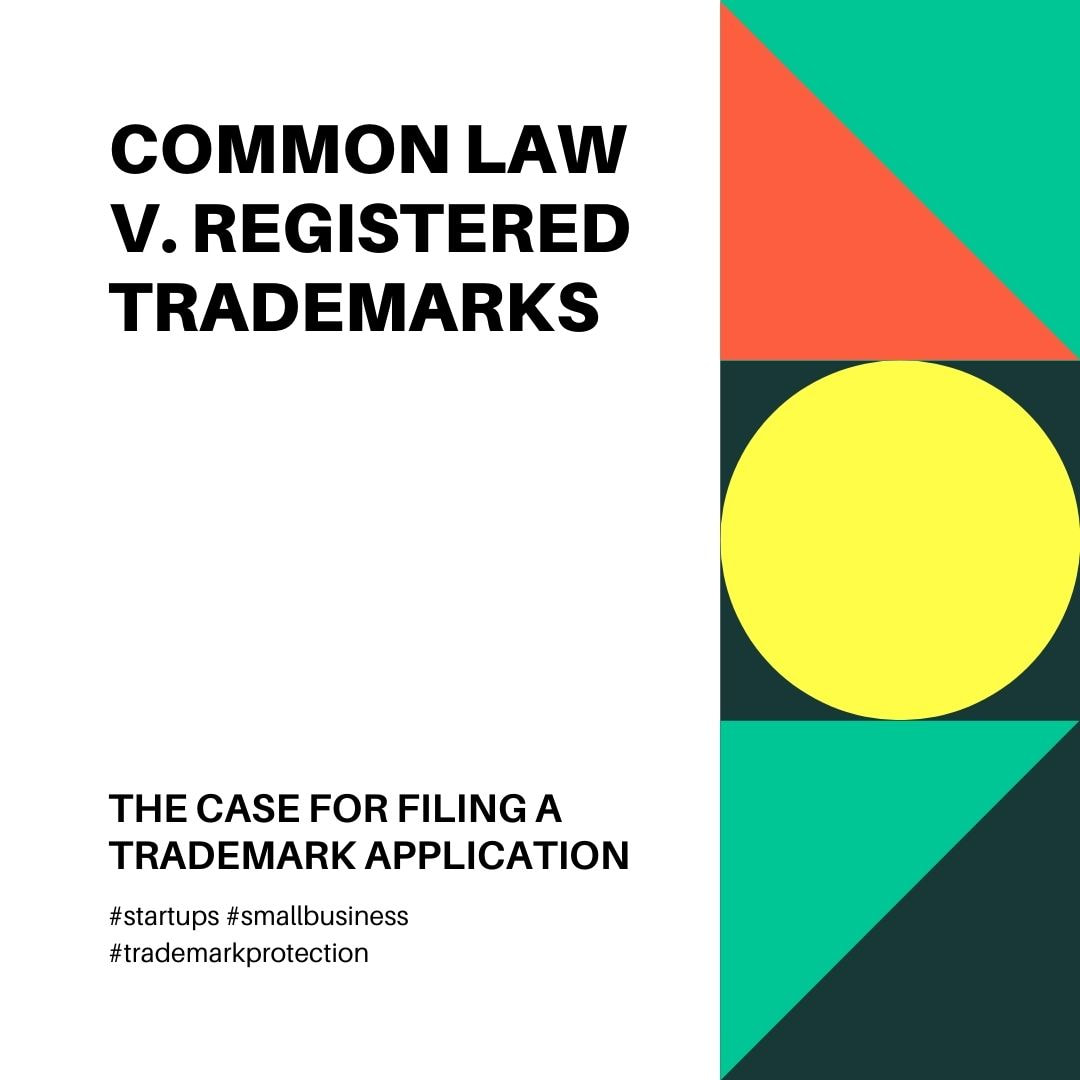|
One of the questions we get asked a lot here at Smith Shapourian Mignano PC is whether it makes sense to file a trademark to protect a company name and logo upon incorporation of a startup or small business, and what the difference is between common law trademark rights and the trademark rights afforded by a successful registration with the United States Patent and Trademark Office ("USPTO"). To that end, the blog below describes what your company needs to show to procure trademark rights, and why it may be beneficial to register with the USPTO.
A. Need to Show Actual Use in Commerce In the United States, it is not USPTO registration, but actual use of a mark in commerce that creates rights and priority over others. In other words, the American rule is that ownership of a trademark goes to the first-to-use, not the first-to-file a trademark application with the USPTO. So in order to best protect the company's name or logo, for example, the company should start using the mark right away in connection with the packaging on the goods, if the company sells goods; or marketing of the services on a website or app. The company should make note of the date of first use for purposes of triggering common law trademark rights. Proof of first use is also helpful in the event that the company files a trademark application later on. The USPTO will ask for a "specimen" which could be, per the example above, photos of the use of the mark in connection with the goods/packaging of the goods, if goods are sold; or a screenshot of the website or app page showing the company's mark being advertised to the public in connection with the company's services. B. Why File with USPTO Presuming you already have used the proposed mark in commerce, are the first to do so, and are not infringing on another party's mark, then you may want to register the proposed mark with the USPTO for the following reasons: 1. Dissuade others from using your trademark A registered trademark gives you national protection because once your mark is registered on the Federal Register (either Primary or Supplemental), no one is supposed to use that mark going forward. The only caveat here is that preexisting businesses that were using that mark in the areas/industries at the time you filed your registration application may continue to use the mark. However, new businesses contemplating using a particular mark or logo when starting out will likely search for the mark or logo on the USPTO website before adopting their own company name or logo, for example, and be dissuaded from using your company's registered mark. 2. Expand your reach across the country While trademark ownership is not acquired by federal or state registration, registration is absolutely beneficial if your company intends to take the goods or services beyond local distribution. De facto common law trademark rights (i.e., no registration with the USPTO) are generally much easier to obtain by simply using the mark in commerce, but afford their owners much less protection. They only give the mark owner legal protection over two geographic areas: (1) areas where the mark is actually used; and (2) areas where the owner’s business would naturally expand to. An example of this is as follows: Your company is based in the City of San Francisco. Your company logo or name may acquire common law trademark rights in and around San Francisco (i.e., where you do business and sell your products). However, there is an argument that it does not develop common law trademark rights outside of San Francisco and/or Northern California based on (2) above. So, if a new business in Los Angeles or San Diego started using a similar logo or name, there probably wouldn’t be much that your company could do to stop them. Federal registration on the USPTO, by contrast, puts the whole nation on notice that you are using a particular mark by being on the national register, and gives you rights to enforce your rights to the mark as described below. 3. Legal Benefits
Smith Shapourian Mignano PC is available to answer any questions or concerns you may have regarding trademarking your company's name or logo. This blog does not constitute solicitation or provision of legal advice, and does not establish an attorney-client relationship. This blog should not be used as a substitute for obtaining legal advice from an attorney licensed or authorized to practice in your jurisdiction. You should always consult a suitably qualified attorney regarding any specific legal problem or matter in a timely manner, as statutes of limitations may bar your claim. Comments are closed.
|
Archives
February 2023
Categories
All
|
© 2023 SSM Law PC. All Rights Reserved.
Privacy Policy
Terms of Use
Accessibility Statement
Attorney Advertising
Client Reviews & Testimonials

 RSS Feed
RSS Feed